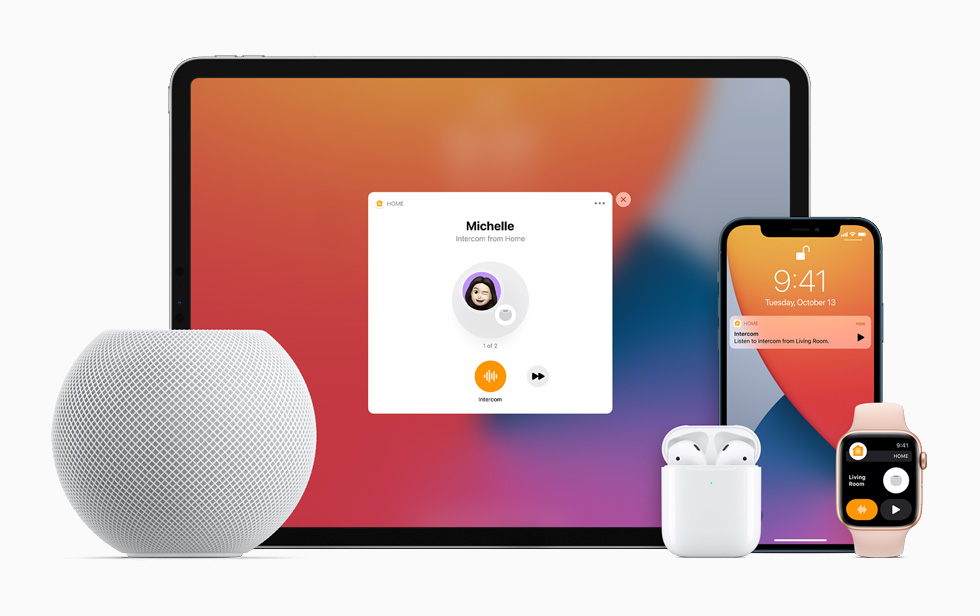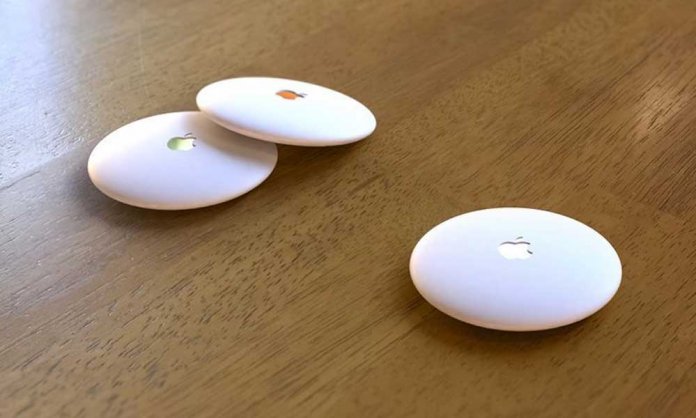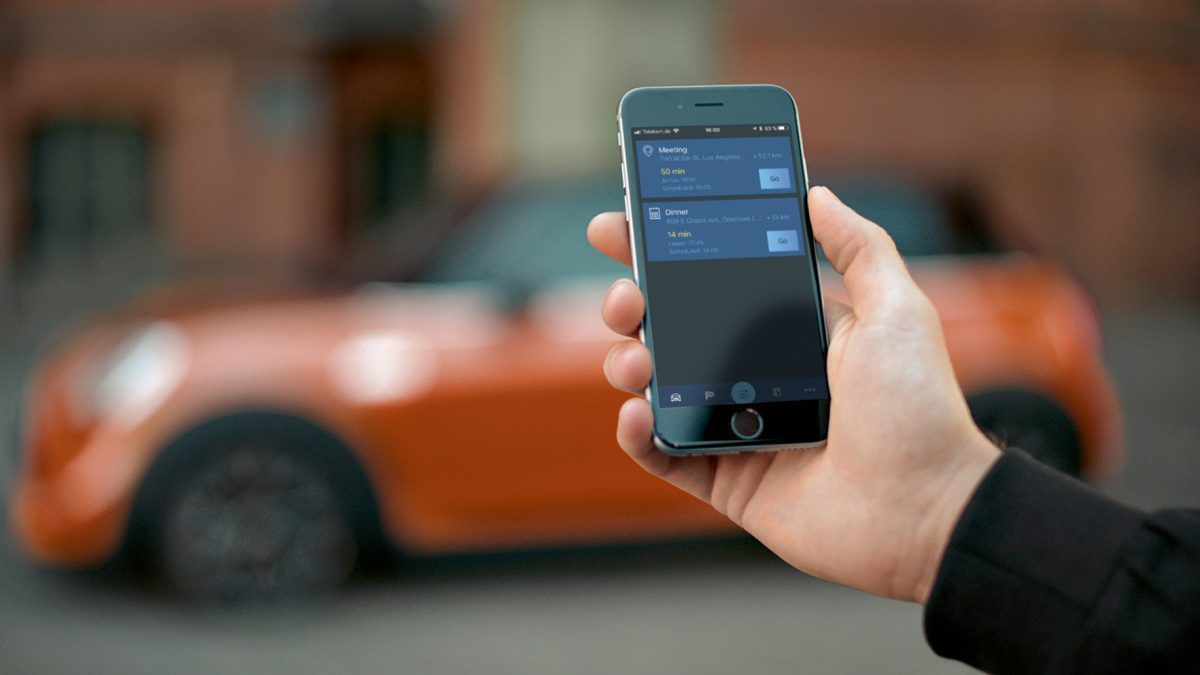A recent report by DigiTimes states that by using Ultra-wideband (UWB) chips in smart devices, Apple has encouraged competitors to explore the Ultra-wideband technology and its applications. Currently, the Cupertino tech giant has adopted the UWB technology in iPhone 11 and iPhone 12 models, Apple Watch Series 6, and HomePod mini.
Ultra-wideband is a short-range radio technology like WiFi and Bluetooth. However, it uses a very low energy level for short-range and operates at high frequencies. More importantly, it can be used for highly accurate spatial and directional data like in HomePod mini, and iPhone 12 series. Therefore, “Apple’s promotion of UWB (ultra-wideband)-enabled devices, applications based on UWB technology have increased and have a broader coverage.”

Apple encourages Samsung, Xiaomi, Oppo, and others to explore Ultra-wideband technology and application
Since the biggest advantage of UWB over Bluetooth is that it provides precise location data, accurate within a few centimeters, and spatial awareness, DigiTimes reports that after Apple, smartphone manufacturers like Samsung and Xiaomi have incorporated the UWB technology and other smartphones and semiconductor companies are going to in their upcoming devices like Oppo, NXP.
“Samsung Electronics has launched UWB-enabled smartphones including the Galaxy Note 20 Ultra and the Galaxy Flip 2 and China-based Xiaomi has also offered a UWB-enabled smartphone model.
Other China-based smartphone vendors including Oppo and Vivo are expected to adopt UWB technology for their flagship models.
NXP Semiconductors, at its NXP Connects 2020 taking place in the Netherlands in October, presented scenarios of applying UWB technology and urged standardization of UWB specifications.
STMicroelectronics and US-based semiconductor maker Qorvo have obtained UWB patented technologies via merger acquisition.”

As per previous reports by renowned tech analyst, Ming-Chi Kuo, Apple is set to further expand the use of ultra-wideband technology in upcoming iPhone 13 Pro models. TechCrunch claimed that new electronic trackers by Tile could be the first digital tags in the market to use the UWB technology, which will make it easier for customers to find various items. It is also expected that Samsung’s Galaxy Smart Tags would launch with ultra wideband support.

Having said, the report also mentions that Apple is interested in exploring the use of UWB technology in digital car keys. Recently, an announcement by BMW corroborates this claim. The German luxury car manufacturer said that it plans to renew Apple CarKey-compatible Digital Key protocol with a more stable version based on Ultra wideband technology to replace physical keys with an iPhone.
However, Apple seems to be uninterested in joining UWB Alliance or FiRa (fine ranging) Consortium but prefers Car Connectivity Consortium in which it is expected to promote addition of UWB technology to digital car keys.